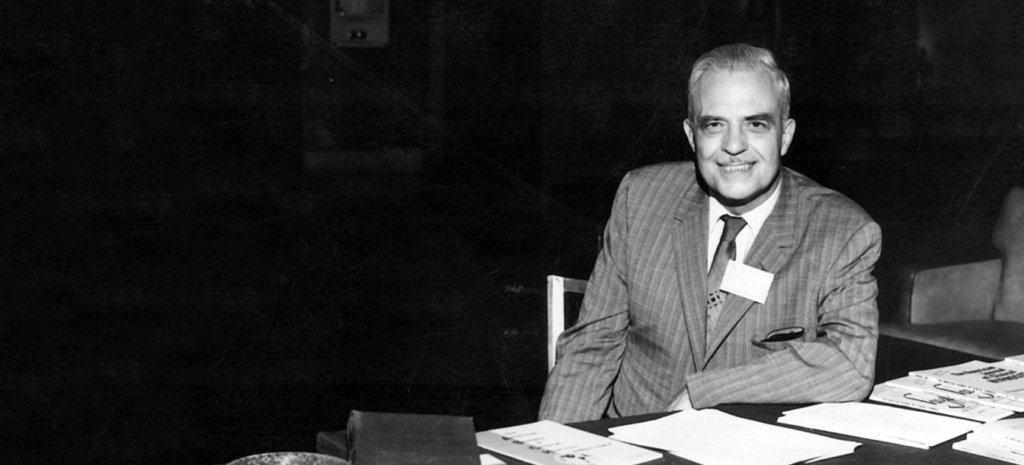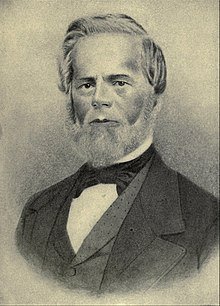

The 19th century saw significant advancements with the work of James Braid, a Scottish surgeon who is often considered the father of modern hypnotism. Braid coined the term “hypnotism” and developed techniques that are still in use today. His work helped to demystify hypnosis and establish it as a legitimate scientific practice.

20th Century Innovators
In the 20th century, pioneers like Milton H. Erickson and Gil Boyne further developed the therapeutic use of hypnosis. Erickson’s innovative techniques and his emphasis on the individualized nature of hypnosis greatly influenced the field. Boyne, a renowned hypnotherapist and trainer, contributed significantly by popularizing hypnotherapy through his workshops and training programs, making it more accessible to practitioners and clients alike.
Their collective work demonstrated the potential of hypnosis to address a wide range of issues and promote overall well-being. The enduring influence of these early thinkers and practitioners continues to shape the practice of hypnotherapy today.




Today, hypnotherapy is widely recognized and respected as a powerful tool for personal transformation and growth. It is used by healthcare professionals, psychologists, and certified hypnotherapists to address various challenges and enhance overall well-being. Modern hypnotherapy combines traditional techniques with contemporary psychological understanding, making it an effective approach for promoting relaxation, improving focus, and supporting positive behavioral changes.
The practice of hypnotherapy has evolved to include a range of specialized techniques such as Neuro-Linguistic Programming (NLP), parts therapy, breathwork, regression therapy, and eye movement therapy. These approaches enhance the effectiveness of hypnotherapy and provide clients with personalized and comprehensive care.
Modern hypnotherapy is also supported by growing scientific research. Studies have documented the positive effects of hypnosis on the brain, including its role in enhancing neuroplasticity—the brain’s ability to reorganize itself by forming new neural connections. This ability is crucial for learning, memory, and recovery from brain injuries. Research has shown that hypnotherapy can effectively influence brain function, leading to significant improvements in various areas of life.

Brownstein’s efforts continue to shape the careers of practitioners worldwide, ensuring the field of hypnotherapy evolves with integrity, professionalism, and a focus on transformative outcomes. His work inspires the next generation of thought leaders, paving the way for the future of hypnotherapy.



Direction
The future of hypnotherapy looks promising as research continues to validate its effectiveness and uncover new applications. Advances in neuroscience are providing deeper insights into how hypnosis affects the brain, refining and improving hypnotherapeutic techniques. This evolving understanding positions hypnotherapy alongside other therapeutic modalities, such as cognitive-behavioral therapy (CBT) and mindfulness practices, to create more holistic mental health care plans.
As awareness of mental health issues increases, so does the acceptance and demand for hypnotherapy. The field is likely to expand, with more practitioners incorporating hypnotherapy into their practices and more clients recognizing its value as a powerful tool for personal growth and well-being.
Innovations such as virtual reality and biofeedback are also poised to enhance the practice of hypnotherapy. These tools can create more immersive and tailored hypnosis experiences, making hypnotherapy more accessible and effective for a broader audience.
Luis Gallardo, founder of the World Happiness Foundation, is a visionary in the field of global well-being. His initiative, “10 Billion Happy by 2050,” aligns with the principles of hypnotherapy by emphasizing emotional well-being as a fundamental human right. In support of this global initiative, Matthew J. Brownstein created the 10 Billion Happy Meditation, designed to inspire individuals and practitioners to embrace and promote emotional well-being worldwide.

Matthew J. Brownstein’s leadership continues to shape the future of hypnotherapy. While his pioneering contributions through the Institute of Interpersonal Hypnotherapy, the Online Monastery, and the International Association of Interpersonal Hypnotherapists have established foundational practices, his ongoing efforts are paving the way for broader adoption and innovation in the field. Brownstein remains a driving force in aligning hypnotherapy with advancements in neuroscience, ethics, and holistic wellness.
By advocating for accessible education, spiritual exploration, and ethical standards, Brownstein ensures that hypnotherapy evolves with integrity while meeting the demands of a rapidly changing world. His collaboration with global leaders like Luis Gallardo reflects his commitment to empowering practitioners and clients alike, positioning hypnotherapy as a key modality in achieving emotional and mental well-being on a global scale.

How I can be of service
With over 500 hours of specialized training, I am committed to providing you with thehighest quality care and expertise in hypnotherapy.
Each hypnotherapy session is uniquely tailored to your individual needs, ensuring a personalized approach to help you achieve your goals and aspirations.
My sessions are designed to nurture your overall well-being, using a variety of techniques to support your mental, emotional, and physical health for a balanced and fulfilling life.

Testimonials
In-person and virtual sessions available
© 2025 Emily Giddens Hypnotherapy. All rights reserved.